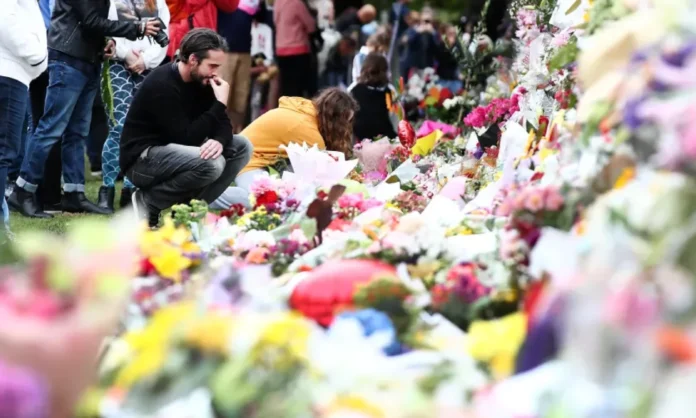Author: Royal Commission of Inquiry
Organization/Publisher: Government of New Zealand
Date: December 8, 2020/New Zealand
Type of Literature: Report
Number of Pages: 792
Link: https://christchurchattack.royalcommission.nz/
Keywords: New Zealand, Security, Christchurch, Brenton Tarrant, Jacinda Ardern, Islamophobia
Brief:
This report made public by New Zealand details the run up to, aftermath and overall security concerns of the island country viz-a-viz the tragic March 15, 2019 terror attacks on two mosques in Christchurch, when a White supremacist murdered 51 Muslims who were readying for congregational Friday prayers. Dozens of others were wounded in the one-man terror attacks. It outlines the motive behind the attack – “the attack was driven by an extreme right-wing Islamophobic ideology. Its purpose was to promote chaos and disharmony in New Zealand.” The report includes “any failings by police, spies, and other government agencies in the leadup and aftermath to the mosque shootings.” However, what is intriguing in the report is that the investigators acknowledge that despite the low threat of terrorism, the security agencies of the country had been focusing on the so-called “Islamist extremist terrorism as a threat.” A country of nearly five million people, this finding of the commission reveals how the far-right anti-Islam elements have been able to affect a change in mindset and further the stereotype of “only a Muslim is a terrorist” across the globe. New Zealand’s response to Christchurch won hearts, however, the government has decided to “not make public evidence given by ministers and public sector chief executives in the Christchurch terror attack probe for the next 30 years.” Probe commissioners Sir William Young and Jacqui Caine cited “national security” as the reason for the non-publication order. The interview conducted with the terrorist Tarrant, who had travelled to more than a dozen countries between April 2014 and August 2017, will also not be released to the public. The investigators have asked and urged the government to consult with families affected by the terror attack, as well as witnesses and survivors, on “what, if any, restorative justice processes might be desired and how such processes might be designed and resourced.”
By: Riyaz ul Khaliq, Non-Resident CIGA Research Associate




